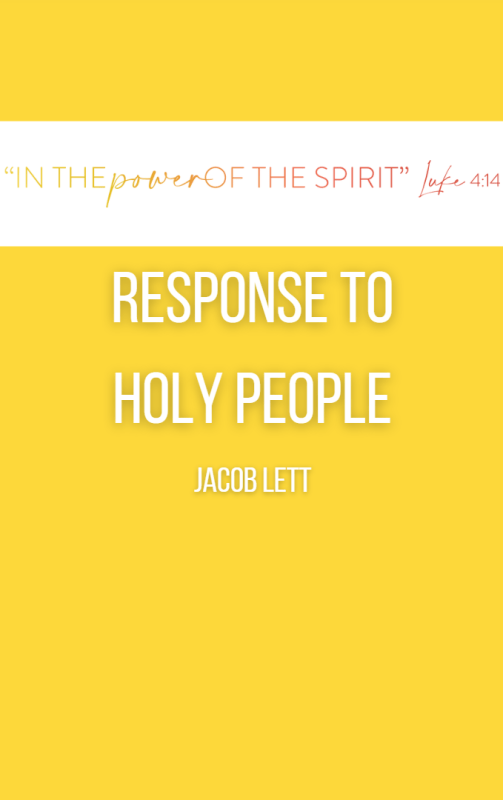WHDL - 00020339
 Visit the home page
Visit the home page
About Site Language
WHDL is viewable in multiple languages. Use the pull-down menu to select a language to view the site.
I changed my language, but I’m still seeing resources in the other languages?
If a resource or text has not been translated into your selected language, it will appear in the initially added language. We are always looking for help translating these resources. If you can help, contact us!
WHDL - 00020339


click to copy
Lett, J (2023). TRANSCENDENCE, HOLINESS, AND THE INTERRUPTION OF THE SPIRIT: A RESPONSE TO BHEBHE AND FRINGER . International Board of Education (IBOE)
Lett, JacobTRANSCENDENCE, HOLINESS, AND THE INTERRUPTION OF THE SPIRIT: A RESPONSE TO BHEBHE AND FRINGER . International Board of Education (IBOE), 2023
Lett, JacobTRANSCENDENCE, HOLINESS, AND THE INTERRUPTION OF THE SPIRIT: A RESPONSE TO BHEBHE AND FRINGER . International Board of Education (IBOE), 2023
Lett, JacobTRANSCENDENCE, HOLINESS, AND THE INTERRUPTION OF THE SPIRIT: A RESPONSE TO BHEBHE AND FRINGER . International Board of Education (IBOE), 2023
Wesleyan theologies of holiness often focus on the immanent, the here and now of how God’s love is cultivated in God’s people by the Spirit. This focus on the concrete is the result of Wesley’s practical and pastoral vision and the centrality that the divine attribute of love takes in a Wesleyan doctrine of holiness. Love, after all, is the divine attribute that highlights God’s immanent involvement and care for his creation. Wynkoop has so aptly illuminated how love is the defining feature of a Wesleyan vision and practice of holiness. I am in full support of this vision, foundation, and focus. Yet, I also want to say more, to work out how sanctifying love takes us a step beyond the immanent. That said, in this response, I build upon and supplement the two fantastic essays of this session by drawing out the theological assumptions of a theology of sanctification, and, in the end, link these assumptions to the interrupting work of the Spirit.
A response paper for the Global Theology Conference to be held in Pilar, Argentina, in April 2024.
2023
2023
2023
58 Resources
This special edition includes responses from around the world in preparation for our Global Theology Conference, “In the Power of the Spirit” (Luke 4:14), to be held in April 2024.
2011
2016
2001
1901
2021
2004
2000
1899
1929
1952
2023
1977
1969
1972
1975
1979